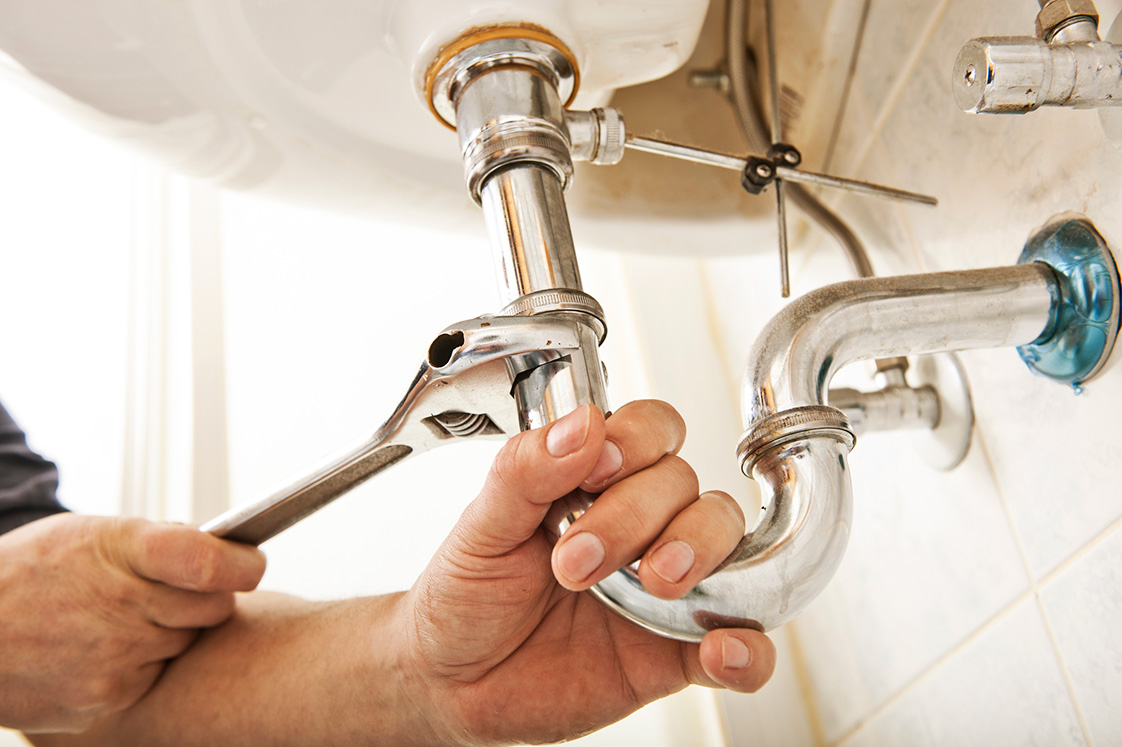Owning your own house is great but there are a lot of things that threaten the structural integrity of your home--the biggest nemesis being water. A gift from mother nature but, trust us when we say that the wrath of water is like no other. Routine check ups for water leakage on all your plumbing and water-based appliances such as dishwashers, washing machines, etc. is necessary to maintain the safety and soundness of your home. Otherwise you’ll have a patch of ever-growing green fungus growing along your ceiling and floors.
The difficulty arises when leaks from beyond our visibility. These are hidden leaks that perpetuate without our notice and by the time we do--the damage is already done. If you suspect a water leak by either seeing an unusual increase in your bills or fluctuation in your water meter, follow along to find out more about how you can detect water leaks in your home.

What causes water leaks
Water leakage can be difficult to handle but finding out the source problem can not only help you treat it but prevent it for the future. Here is a list of reasons your pipes may be leaking.
Excess water pressure:
Your pipes may get stressed by high or excessive water pressure because they are unable to resist pressures over their limit. Any more pressure can result in a leak.
Improper Installation:
Leaks can occur when a pipe or hose is not installed correctly. Since you can see water trickling from the tubing below, you can more easily observe this.
Water Temperature Changes Causing Cracks:
Surprisingly, sudden temperature variations can cause your pipes to expand and compress so quickly that they fracture and provide space for leaks.
Sediment Build up:
Sediments and minerals can build up so much so that they constrain piping systems, causing excess pressure which results in leakage.
If you are looking for professional home improvement contractors & plumbers near you to fix your water leak, you are in the right place.
What can happen if you don’t treat water leaks

There are three basic kinds of leaks: minor leaks that gradually spiral out of control over time; non-damaging but expensive leaks; and catastrophic leaks that quickly cause damage to the house.
Your toilet running even when it is not flushed is an example of an expensive non-damaging leak. Although this leak won't harm your house, fixing it will cost money. On the other hand, minimal damage leaks are more problematic because, although not at first seeming like a big problem, they might eventually cause more substantial harm. A drip from an appliance can be a simple issue but can become dangerous if you let it build up. You should respond right away to leaks that seriously harm your house since they can result in floods and injuries. In general, failure to clean up a water leak and result in mold, mildew, and structural damage.
How to find hidden water leaks
Now that you know the cause of leaks, here are ways to find out if you have a hidden water leak in your home through various plumbing leak detection methods.
Examine your utility bills:
Sometimes your water bill can provide you signs about a potential leak. You could have a water leak if you notice a rapid or significant rise in your water consumption.
Listen for Running Water:
When there are no clear leak indicators visible, you can listen for flowing water. Usually the sound of water leaking is audible under floors or walls.
Water Meter Test:
Your home's faucets should all be turned off. Next, examine your water meter. There is a water leak if the meter is still operating. Even though you might not notice a difference in the water meter number immediately away, check again in a few minutes and verify the results.
Detection of Dampness:
You may have a water leak if you detect significant dampness on your floors or walls. If you don't have a water leak fixed right away, it can damage your house and encourage the growth of mold.
Water Pressure:
Manually shut off each tap, then check the water pressure. If the flow is less than you anticipated, you could have a water leak.













James Cooper